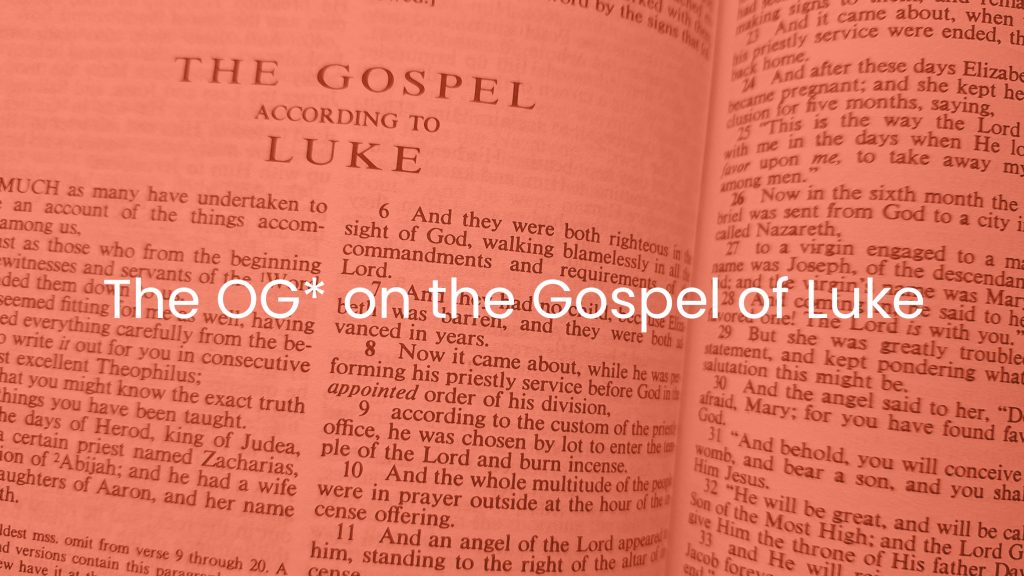|
Getting your Trinity Audio player ready...
|
John Wimber, the founder of the Vineyard Movement and the author of one of my all-time favorite books, Power Evangelism, used to say that the Gospel of Luke progresses from one miracle to another.
Luke records the job description of Jesus when Jesus says. . .
The Spirit of the Lord is upon me, because he has anointed me to proclaim good news to the poor. He has sent me to proclaim liberty to the captives and recovering of sight to the blind (Luke 4:18, ESV).
According to His job description in this Gospel, we find Jesus saving the lost, healing the sick, and setting the captives free many times!
For an example of this three-fold ministry (healing, captives free, and salvation), read chapters seven and eight. During this condensed sampling of the works of Jesus, we find one of my favorite verses in the Bible — a verse that illustrates healing, setting free, and salvation.
It’s the healing of the woman with a chronic flow of blood. . .
And Jesus said to her, “Daughter, your faith has made you well; go in peace” (Luke 8:48).
The Gospel of Luke is the longest book of the New Testament. Luke gives more details on major events in the life of Jesus than the other Gospels. Most Christmas Eve services in churches around the world would flounder without a reading of the birth of Jesus narrative found only in Luke 2.
Luke also provides more information about the ministry of John the Baptist, the temptation of Jesus, the journey of Jesus to Jerusalem taking ten chapters (Luke 9:51-19:44), and the story about Jesus meeting two disciples on the road to Emmaus.
Thanks, Luke, for this extra content. I think that you should’ve written another ten chapters!
I’ve been asked this question often, “If I’m going to start reading the New Testament, what book should I start with?” To which I always answer, “The Gospel of Luke!”
Luke was written for Gentiles. At that time in history, the Roman Empire’s philosophy and culture came from the Greeks. Plato and Aristotle (two Greek philosophers) still form the foundation of all Western secular thought today.
So, Luke writes for us today as well.
Throughout my 50 years of reading and re-reading the Gospel of Luke, I’ve been blessed many times by the Parable of the Prodigal Son — and yes, it’s found only in the Gospel of Luke.
Many literature experts believe this parable to be the best short story ever written.
For those of us who have been a prodigal, Luke’s writing about the grace of the Father accepting and forgiving his lost son gives testimony to the grace we’ve also found.
I think the best way to conclude my 500 words on the Gospel of Luke is not the last verse of Luke (24:53) but the image of the Father accepting His lost son. . .
The prodigal arose and came to his father. But while he was still a long way off, his father saw him and felt compassion and ran and embraced him and kissed him (Luke 15:20).
When I see him in heaven, I hope to get more stories and details about Jesus from Luke.
*Old Guy

